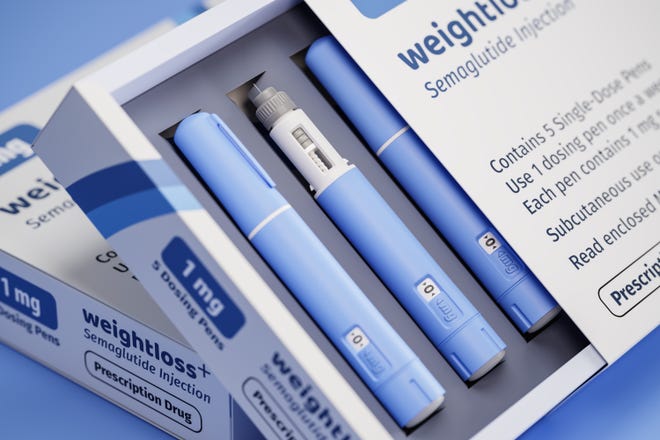Drug shortages reached a record high in the first three months of 2024.
In the first quarter of this year, There were shortages of 323 types of medicines. That number is higher than the 2014 high of 320, according to data provided by the American Society of Health-System Pharmacists (ASHP) and the University of Utah Drug Information Service.
Since 2001, the groups have tracked shortfalls using voluntary reports from practitioners and patients verified by drug companies.
There are shortages of both basic and life-saving medicines, from oxytocin and chemotherapy drugs to prescription drugs for attention-deficit hyperactivity disorder (ADHD). The data do not explain how many patients are affected.
